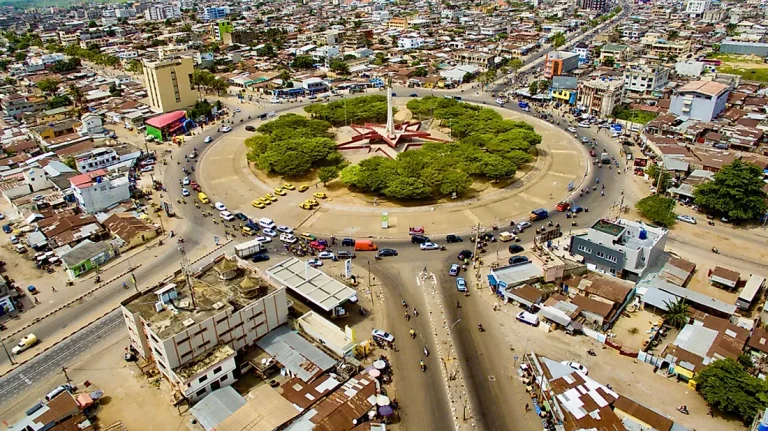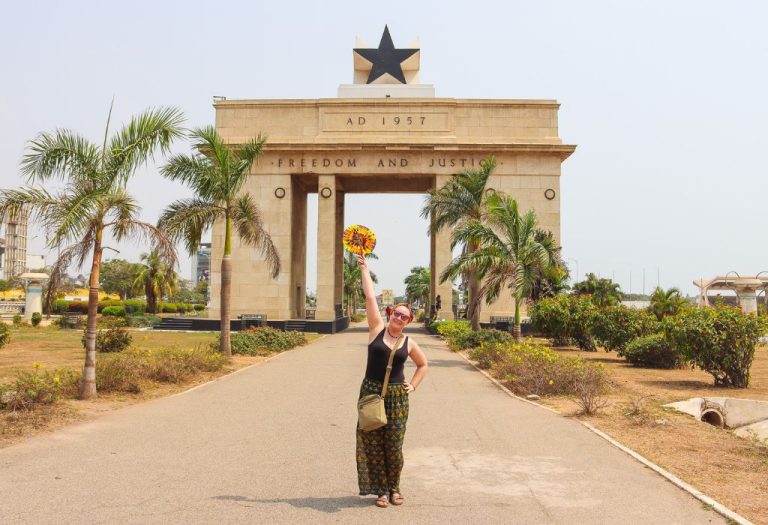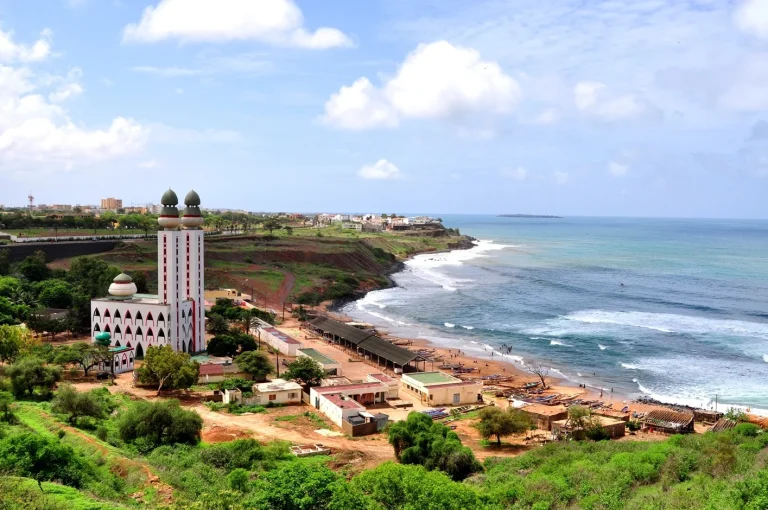Lesotho, a country surrounded by South Africa on all its sides, offers a peaceful lifestyle, low costs of living, and unique opportunities for those who want to relocate there. Regardless of whether you are moving there for employment, schooling, business, or retirement, this guide provides a comprehensive step-by-step guide on how to relocate to Lesotho as a Nigerian.
Reasons to Relocate to Lesotho
Before planning your move, it’s important to understand why Lesotho could be a great destination for relocation:
- Low Cost of Living: Lesotho is known for its affordable cost of living compared to many other African nations. Housing, transportation, and food are relatively cheap.
- Favorable Climate and Natural Beauty: Lesotho has a temperate climate with cool winters and mild summers. The country is filled with stunning landscapes, including mountains, waterfalls, and scenic villages.
- Peaceful and Stable Country: Lesotho enjoys political stability and a relatively low crime rate compared to many African countries, making it a safe destination for relocation.
- Proximity to South Africa: Lesotho’s location within South Africa allows for easy travel to major South African cities like Johannesburg and Durban, expanding work and business opportunities.
- Business and Employment Opportunities: The country offers investment opportunities, especially in agriculture, tourism, and textile industries. Nigerians with skills in these sectors can find employment or start their own businesses.
Visa and Immigration Process
Nigerians require a visa to enter and reside in Lesotho. The visa application process is straightforward and can be done online through Lesotho’s e-visa system.
Types of Visas for Relocation
- Work Visa – For those moving to Lesotho for employment.
- Business Visa – For entrepreneurs and investors.
- Student Visa – For those looking to study in Lesotho.
- Permanent Residency – For long-term stays.
Applying for a Lesotho Visa
Nigerians can apply for a visa online via the Lesotho e-Visa portal (https://evisalesotho.com).
Visa Application Requirements:
- Valid Nigerian Passport (at least six months validity)
- Recent Passport-Sized Photo
- Completed Visa Application Form
- Proof of Accommodation (Hotel booking or rental agreement)
- Flight Itinerary (Return ticket)
- Bank Statement (to prove financial capability)
- Employment Offer Letter (for work visa)
- Business Registration Documents (for business visa)
- Admission Letter (for student visa)
- Yellow Fever Vaccination Certificate
Visa Processing Time and Cost
- Processing Time: Typically, 3–5 business days
- Visa Fees: Varies based on visa type but generally starts from $150
Once the visa is approved, print a copy and present it upon arrival in Lesotho.
Finding Accommodation in Lesotho
- Maseru – The capital city with modern amenities and job opportunities.
- Teyateyaneng (TY) – A quieter town with a lower cost of living.
- Mafeteng – Suitable for those interested in agriculture or small businesses.
Types of Accommodation
Housing options range from:
- Apartments (Mostly in Maseru, costing between $200–$500/month)
- Houses for Rent ($300–$700/month depending on location and size)
- Guest Houses and Lodges (Temporary stay while looking for a house)
You can find rentals through property websites, real estate agents, or local classifieds.
Employment and Business Opportunities
Nigerians looking for employment in Lesotho can explore opportunities in:
- Education (Teaching positions in schools and universities)
- Agriculture (Farming and agribusiness)
- Healthcare (Nurses, doctors, medical professionals)
- Tourism & Hospitality
- Manufacturing (Textiles and garment industry)
Starting a Business in Lesotho
Entrepreneurs can set up businesses in:
- Agriculture (poultry, farming, and agribusiness)
- Retail and Trading
- Tourism and Hospitality (Hotels, travel agencies)
- Import & Export
To start a business, register with the Lesotho Companies Registry, obtain a business license, and open a local bank account.
Healthcare and Education in Lesotho
Healthcare System
Lesotho has both public and private healthcare facilities. Expatriates often prefer private hospitals such as:
- Maseru Private Hospital
- Willies Hospital
- Tsepong Hospital
Education
Lesotho has reputable universities and colleges, including:
- National University of Lesotho (NUL)
- Lesotho Agricultural College
- Limkokwing University of Creative Technology
If relocating with children, international schools are available in Maseru.
Culture and Lifestyle
Lesotho has a rich cultural heritage, and Nigerians relocating there should be ready to embrace traditions such as:
- Traditional Basotho attire (Mokorotlo hat, Basotho blanket)
- Festivals like Morija Arts & Cultural Festival
- Local cuisine (Pap, Moroho, and Sesotho chicken)
Challenges and How to Overcome Them
- Language Barrier: Sesotho is the official language, but English is widely spoken.
- Limited Job Market: Finding a job may take time, so ensure you have enough savings.
- Cold Winters: Lesotho experiences snowfall, so prepare for winter clothing.
Relocating to Lesotho as a Nigerian requires careful planning, but with the right visa, accommodation, and job or business setup, it can be a rewarding experience. The country offers a peaceful and affordable lifestyle, making it an attractive option for work, study, or business.









Leave a Comment